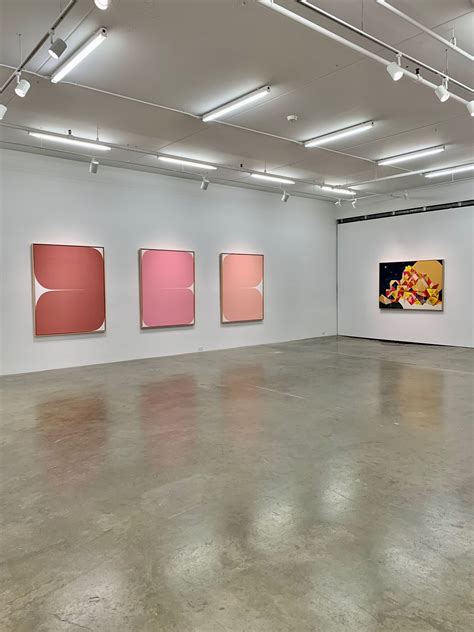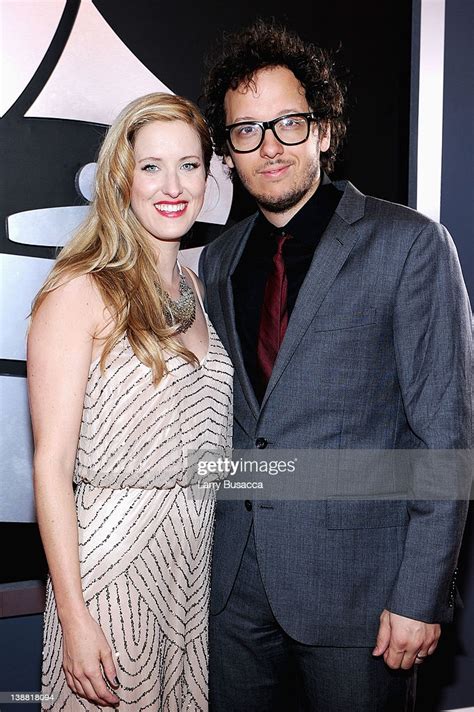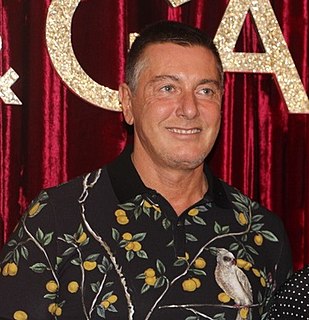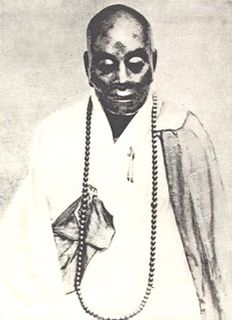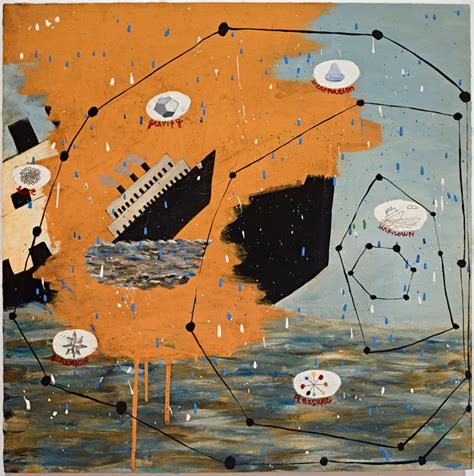A Quote by Sara Genn
Art is sometimes likened to a mirror... an expression of universal human truth, executed with a degree of skill.
Related Quotes
Art matters. It is not simply a leisure activity for the privileged or a hobby for the eccentric. It is a practical good for the world. The work of the artist is an expression of hope - it is homage to the value of human life, and it is vital to society. Art is a sacred expression of human creativity that shares the same ontological ground as all human work. Art, along with all work is the ordering of creation toward the intention of the creator.
Though we travel the world over to find the beautiful, we must carry it with us, or we find it not. The best of beauty is a finer charm than skill in surfaces, in outlines, or rules of art can ever teach, namely, a radiation from the work of art of human character, — a wonderful expression through stone, or canvas, or musical sound, of the deepest and simplest attributes of our nature, and therefore most intelligible at last to those souls which have these attributes.
That is what is wrong with cold people. Not that they have ice in their souls - we all have a bit of that - but that they insist every word and deed mirror that ice. They never learn the beauty or value of gesture. The emotional necessity. For them, it is all honesty before kindness, truth before art. Love is art, not truth. It's like painting scenery.
This, then, is the truth of the discourse of universal human rights: the Wall separating those covered by the umbrella of Human Rights and those excluded from its protective cover. Any reference to universal human rights as an 'unfinished project' to be gradually extended to all people is here a vain ideological chimera - and, faced with this prospect, do we, in the West, have any right to condemn the excluded when they use any means, inclusive of terror, to fight their exclusion?
